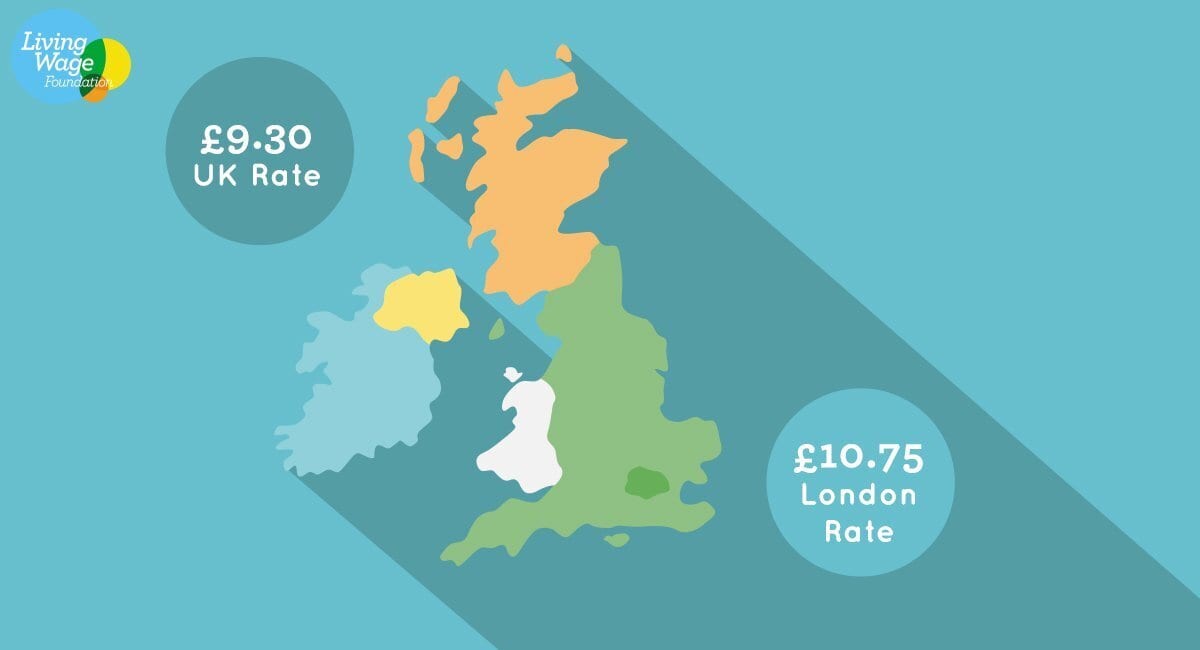
210,000 people across the country are set to get a pay rise as the new Living Wage rates were announced.
The UK rate has increased by 30p from £9 to £9.30 an hour with the London Living Wage rising by 35p from £10.55 to £10.75 an hour.
The Living Wage rates are the only rates independently calculated based on what people need to live in the UK and London.
People’s Health Trust supports the Living Wage Foundation because work which pays a living wage is one of the conditions of good health. Conversely, low pay is a major factor in why people in the most disadvantaged neighbourhoods die younger than in most affluent areas (eight years in England and Wales and up to 13 years in Scotland).

According to the Living Wage Foundation, the 2019 increases have been largely driven by private rental costs. Childcare costs also rose at a faster rate outside of London this year.
The real Living Wage is a voluntary rate based on the best available evidence about living standards in London and the UK. It applies to all workers over the age of 18 – recognising that young people face the same living costs as everyone else.
It is currently £1.09 per hour more for the UK, and £2.54 per hour higher for London, than the Government's National Minimum Wage, which is a statutory minimum for over 25’s that all employers have to pay and is currently £8.21.
More than 1,500 employers have signed up to go beyond the government minimum to pay the real Living Wage in the last year, including companies as diverse as Hiscox, London City Airport, Welsh Water, Newcastle University and Crystal Palace Football Club.
These organisations join a network of almost 6,000 employers across the UK who are choosing to pay the real Living Wage to ensure all staff, including sub-contracted workers, earn a wage that meets the real cost of living.
The announcement comes as research by KPMG demonstrated the scale of in-work poverty, with 5.2 million jobs still paying less than the real Living Wage, with women and part-time workers disproportionately affected.

To find out more about the Trust's involvement with the Living Wage movement, click here.
To read more about the Living Wage Foundation, click here.
